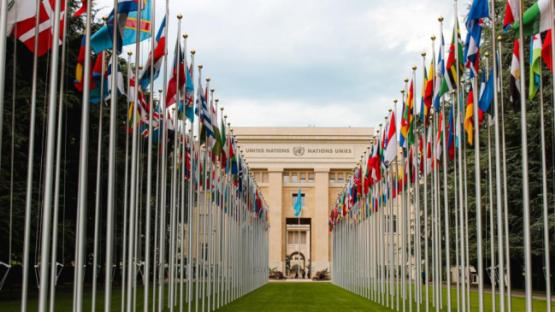
Privacy International’s submission for the UN report on the right to privacy in the digital age
PI presented a submission as part of the consultation process for the up-coming to report of the UN High Commissioner for Human Rights (HCHR) on the right to privacy in the digital age.
In our submission we identify key concerns related to:
- Targeted and mass surveillance, including of journalists and human rights defenders
- Access of state authorities to personal data collected by companies, including in cross-border contexts
- Use of publicly accessible information and data by state authorities, for example when monitoring social media
- Measures relying on digital technology taken to combat the Covid-19 pandemic
- Digital identity systems rolled out by States and companies
- Use of biometrics for identification and authentication
- Use of encryption and anonymity technologies
- Tracking of internet users
- Discriminatory impacts of privacy invasions on individuals and/or groups at risk

Despite repeated recommendations by the UN Human Rights Council and the UN General Assembly to review, amend or enact national laws to ensure respect and protection of the right to privacy, national laws are often inadequate and do not regulate, limit or prohibit surveillance powers of government agencies as well as data exploitative practices of companies.
Even when laws are in place, they are seldom enforced. In fact PI notes how it is often only following legal challenges in national or regional courts that governments are forced to act. This is not a sustainable position: CSOs, journalists, and human rights defenders often do not have the capacity (or legal standing) to challenge governments or companies’ actions, they may face threats if they so (including of the same unlawful surveillance that they are challenging) and in many jurisdictions there are no independent avenues of effective redress.



